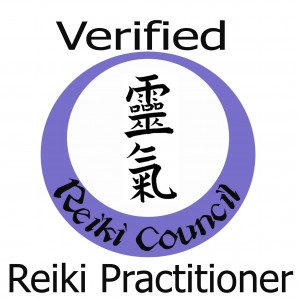Moonstone Therapy firmly believes that providing you with tasks to complete between sessions encourages and empowers you to make and see progress with the therapy. From the practitioner’s perspective allocating and reviewing your tasks helps to assess your motivation. Your therapy is a collaborative effort requiring work on both sides for a successful outcome.
The work that you are asked to do does not have to be onerous or difficult and will be tailored to meet the needs of the therapy and your individual requirements. All tasks should be specific, measurable and able to be completed.
While your practitioner can help guide you to make the changes that you want in your life, it is up to you to master these changes out with the therapy sessions. Completing small tasks can be as important to you as the therapy.
You might be asked to keep a diary, undertake relaxation sessions, or complete something before the next session. It is useful way to try something new or approach things from a different angle. Such tasks can help you establish a positive outlook and exert greater control over your issue.
You will be able to seek help between sessions from your practitioner should you require it. Look for successes and take small steps to achieving what you want from your therapy, and your practitioner can help you get there.







